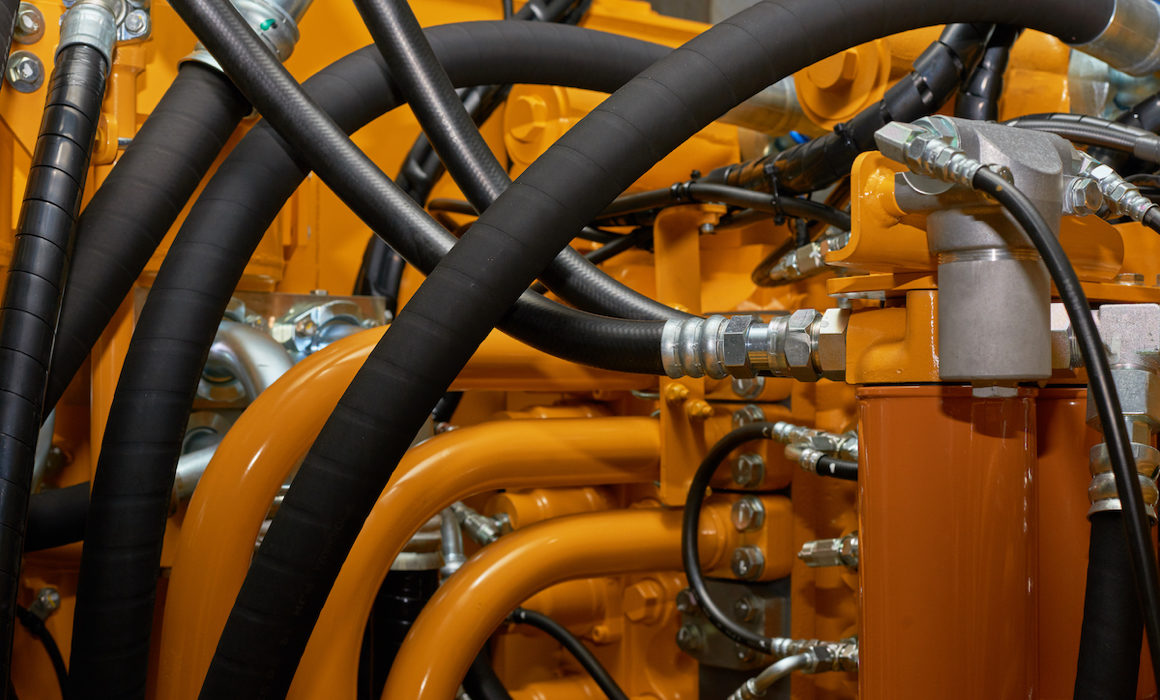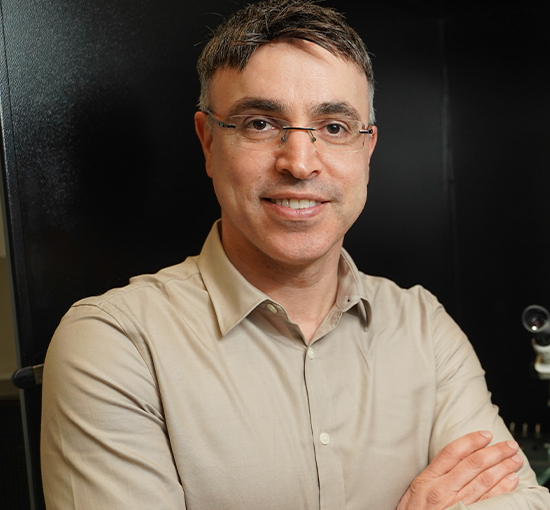How Advanced Industrial Tech “Feels” Machinery Breakdowns Ahead

Every day, manufacturing companies face costly equipment failures. What if they could detect that leaky valve before it leaked?
Alumni-founded Feelit Technologies Ltd. predicts and solves machinery problems before they happen — preventing potentially dangerous equipment failures and reducing the cost of manual inspections and production downtime associated with finding and fixing faults.
Feelit technology is based on sensor-packed stickers printed with nanoparticle ink. When affixed to pipes, pumps, or valves, the sensors monitor pressure, temperature, vibration, leakage, wall integrity, thickness, and other industrial parameters. The data is then analyzed in the cloud in real time and sent back to the factory floor with feedback on any structural or performance changes in the equipment. If the equipment “feels” like it is about to fail, the system sends a service request— hence the startup’s name.
Feelit gives us a glimpse into the so-called Fourth Industrial Revolution, where manufacturing is moving from “far away and cheap” to “local and smart.”
The Haifa-based company was founded in the Technion DRIVE accelerator by Professor Hossam Haick, and alumni Meital Segev-Bar ’10, Ph.D. ’17, who serves as Feelit CTO, and CEO Gady Konvalina ’07, M.S. ’11, Ph.D. ’14.
“Before our graduate studies, we worked in the semiconductor industry so we saw how faulty valves can cause millions of dollars of damage,” Segev-Bar told the publication Israel21C, referring to herself and Konvalina. They then met in Prof. Haick’s lab, where they worked on his acclaimed biomedical sensing technologies.
Feelit has received significant funding from Henkel Tech Ventures of Germany, has finished several pilot projects, and is starting to install its product in Israel and Europe. The company’s technology can be used in the automobile, oil and gas, food and beverage, and pharmaceutical industries, as well as robotics and other sectors related to the Internet of Things.
